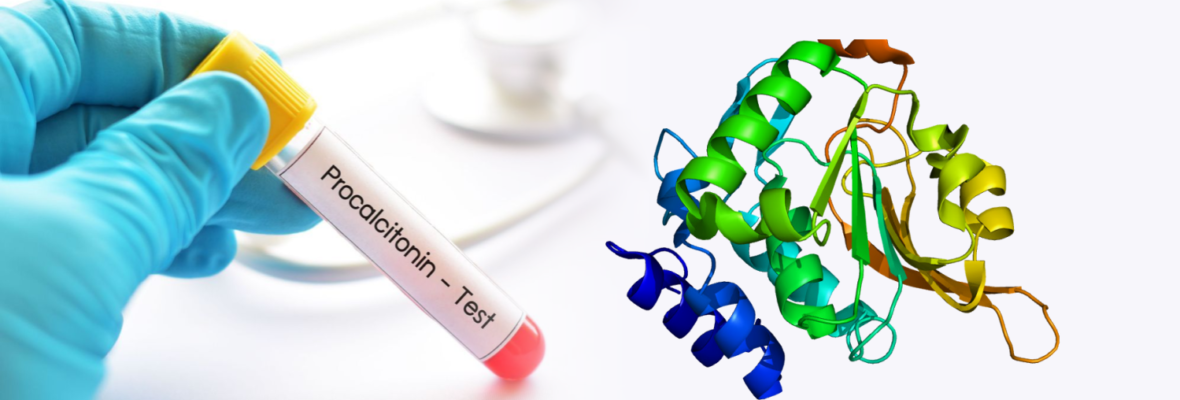PROCALCITONIN TEST
Procalcitonin (PCT) is the precursor of the hormone calcitonin. Under normal conditions, the PCT formed in thyroid C cells is converted to calcitonin; as a result, no PCT is released into circulation, and the level of procalcitonin in the blood of healthy individuals is low. Therefore, it is generally undetectable in Healthy persons.
PCT is produced by any cell in the human body, often responding to bacterial infections and tissue injury. However, it is mainly released by kidney, liver, muscle, and fat cells in response to bacterial toxins in the body. For example, Streptococcus pneumoniae or Haemophilus influenza cause a more significant rise in procalcitonin levels than atypical bacteria.
The levels of Procalcitonin are increased in bacterial infections and Sepsis. Sepsis is the structured response to infection by microbial agents, bacteria, fungi, and yeast and is a severe and potentially life-threatening infection. High PCT levels are usually found in Severe Sepsis and Septic Shock patients. Serum PCT levels increase within 2-3 hours after exposure to bacterial toxins and peak at 24- 48 hours. PCT levels in healthy individuals are <0.1 ng/mL.
Sepsis and septic shock can result from an infection such as pneumonia, urinary tract infection, infected invasive devices, and intra-abdominal and post-surgical infections.
The Procalcitonin test measures levels of Procalcitonin in the Patient blood. This test helps diagnose Sepsis and severe bacterial infections in the early stages and distinguishes bacterial infections from other causes of infection or inflammation in a seriously ill person.
In recent times, PCT has gained clinical significance as a serum biomarker and is widely used as a helpful adjunct to clinical judgment for guiding antibiotic therapy and resolving diagnostic uncertainty in patients with lower respiratory tract infections.
J. Mitra & Co. offers diagnostic test kits for Quantitative determination of PCT levels in Human Serum and plasma; An ELISA test; PCT Quanti Microlisa and POCT test; PCT Quanti card, based on Fluorescence immunoassay.
Since PCT is a specific marker for Sepsis and bacterial infection, its measurement helps in earlier diagnosis and better monitoring of disease progression.


